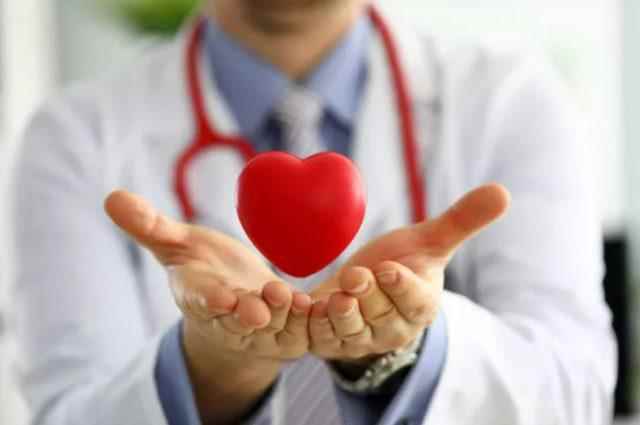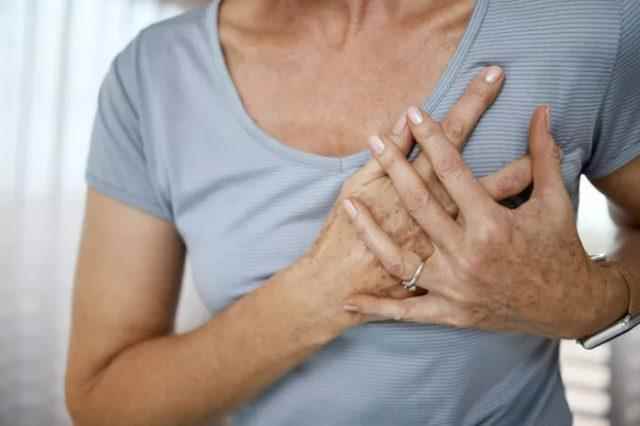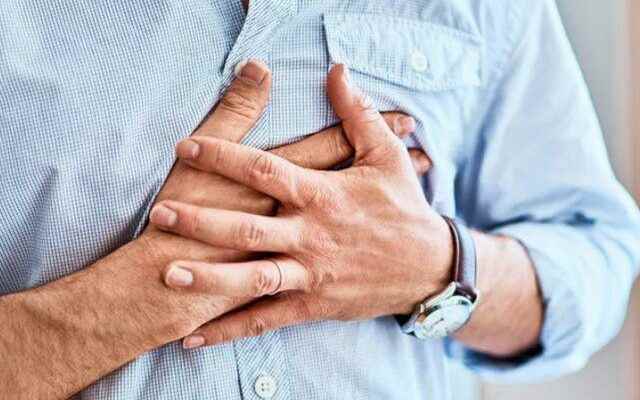Heart diseases are among the diseases that cause the most deaths. In order to protect heart health, the importance of balanced nutrition, regular exercise and staying away from stress are emphasized. However, some factors that we cannot change can also put heart health at risk. Cold weather can cause clotting, increased blood pressure and heart rate. For this reason, people with coronary heart diseases and people over a certain age should pay more attention to their heart health in the winter season. Cardiology Specialist Dr. Okan Ünlüer made evaluations about the negative effects of winter and cold weather on heart health.
BLOOD COAT FORMATION IS INCREASING
Cardiology Specialist Dr. Underlining that coronary heart diseases are frequently seen in cold weather, Okan Ünlüer said, “Research shows that blood cholesterol levels increase in winter months due to decreased activity and eating habits. This is because the cold air causes the blood vessels to contract and narrow, thus reducing the blood flow in the vessels and sending less oxygen to the tissues. With the increase in blood pressure in the body, the formation of blood clots tends to increase in cold weather.
DO EXERCISES IN COLD WEATHER CLOSED AREAS
Expressing that another serious factor is the polluted air in the winter months, Uzm. Dr. Ünlüer said:
“When you exercise, the body’s need for oxygen increases. In cold weather, the amount of oxygen delivered to the tissues decreases. Due to this dual effect, your heart is put under more strain. In addition, it is a fact that air pollution increases in winter months. Breathing polluted air carries a great risk, especially in city centers or in areas heated by burning coal and wood. However, this does not mean staying inactive, moving away from sports life. Instead, it is more appropriate to exercise indoors for a while.”
MEASURES TO BE TAKEN FOR HEART HEALTH

exp. Dr. Ünlüer continued his words as follows:
“Cardiovascular patients should be careful about heart diseases. Heart-related diseases can progress quite quietly and develop suddenly, and you may not be aware that there is a problem in your health until you experience a crisis. Those who smoke, eat unhealthy, lead a sedentary life and have a family history of heart disease should be more cautious than they are in the risk group. In cold weather, they should be more careful and protect themselves. There are studies showing the increase in heart attacks after flu, a period when cold and flu cases are common in the winter season. In addition, some drugs used in the treatment of flu can increase the risk of heart attack. Of course, we cannot change the air temperatures, but it is in your hands to quit smoking, lead a more active life, have regular cardiology check-ups, not make heavy efforts on a full and empty stomach, not use medication without consulting a cardiologist, and control weight.”
WEAR TIGHT IS GREATLY IMPORTANT
Stating that it would be appropriate to be exposed to the cold and limit the time spent in cold weather, Uzm. Dr. Ünlüer said, “It is necessary to dress tight if going out; especially the head, neck and hands must be covered. The activities and exercises should be done by taking breaks and at a slower pace, care should be taken not to sweat excessively and not to be dehydrated. If there are drugs taken for the heart, care should be taken to use them regularly. The measures to be taken will help you have a healthy winter season.
HYPOTHERMIA WARNING FOR EARTHQUAKE VICTIMS
Stating that another danger that can be mentioned in the winter season is hypothermia, Uzm. Dr. Ünlüer said, “We call hypothermia when the body temperature falls below 35 degrees, causing the heart, nervous system and other organs to work incorrectly. Hypothermia is a disease that leads to heart failure and death if left untreated. Symptoms of the disease include a weak pulse, slurred speech, tremors, and confusion. There is a danger of hypothermia for the earthquake victims, especially in the earthquake disaster that has taken place in Kahramanmaraş and has a great impact on our other provinces. People with hypothermia should be treated in a supine position without shaking. Harsh interventions can trigger fatal rhythm disorders.

EXTREME STRESS AND FEAR CAN CAUSE A HEART ATTACK
exp. Dr. Okan Ünlüer said, “Another thing we need to underline is to be able to stay calm during and after the earthquake. When adrenaline is secreted in the body, the heart beats faster, accelerating blood circulation and increasing blood pressure. In this case, the necessary blood flow to the heart may not be provided. The blood may not reach the heart and brain in a person who experiences extreme stress and fear with an earthquake. This leads to a heart attack or stroke. Being able to cope with stress in disasters and in every other area of our lives is of vital importance in this sense.”
(DHA)
